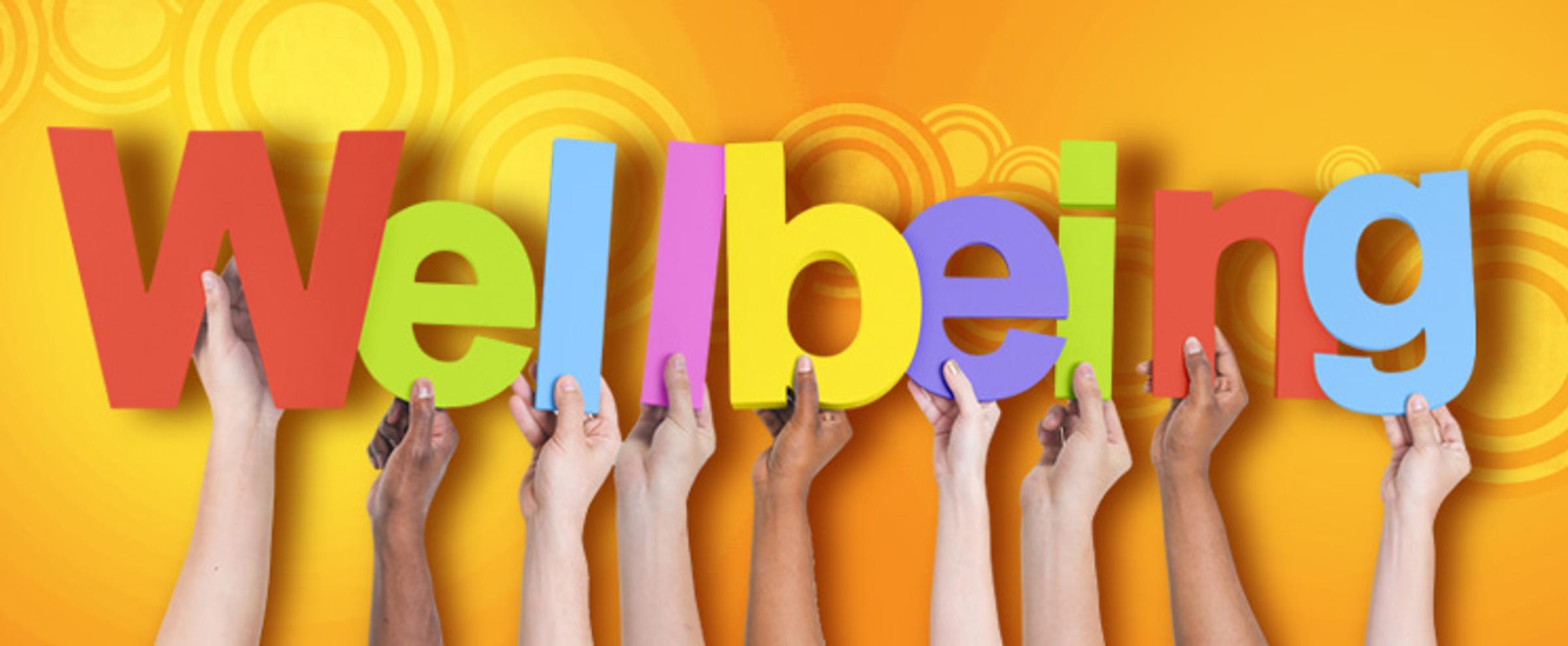Wellbeing Notices
Notes from the Wellbeing Team

Wellbeing Notices
Notes from the Wellbeing Team
Dear Parents and Carers
Alcohol is a common part of Australian culture. Many of us drink when we get together with friends, to celebrate weddings, birthdays and other big occasions and to unwind after work. As drinking is widely promoted as being fun and glamorous, it should come as no surprise that teenagers want to join in. But alcohol and adolescence are a risky and unhealthy mix.
As some more senior students will be attending parties with alcohol without their parents or carers, it is a good idea to start thinking about how you will manage and react to these occasions when they do occur.
Different people have varying opinions about teenagers and alcohol. Some parents may see underage drinking as part of growing up, or even think it makes them cool to let their teenagers drink. They may think they are keeping teenagers ‘safe’ by letting them drink at home, where they are with family, or they know where they are. The reality is that drinking alcohol is harmful to teenage brain development in many ways.
What's the evidence that alcohol is harmful to teenagers?
Teenagers can be more vulnerable to the effects of alcohol is because the developing brain in children and adolescents is much more sensitive to its damaging effects.
Research so far shows that:
So for all the reasons above experts suggest that young people under 18 years of age should avoid alcohol completely.
Here are some tips that may help:
Having family conversations about delaying drinking alcohol is a very positive step, as is role modelling responsible alcohol use at home, like drinking safely, and getting your own drinks rather than asking a teenager to fetch one for you.
Talk to your teenager about alcohol. Explain the risks and the harms associated with drinking at a young age. Be firm, confident, clear and consistent.
Keep the lines of communication open, so your teenager can feel comfortable talking to you about the things that concern him or her.
Let them know they can come to you if something does go wrong or they are in an unsafe situation.
Remember, you are not alone. Other parents of teenagers are most likely facing the same issues. Share your concerns as well as what has worked for you when dealing with teenagers and alcohol.
Seek professional help if you need it.
If you are hosting a party with teenagers under the age of 18 in Victoria, it is illegal (and therefore very expensive) to supply alcohol to those children without specific consent from their parent/carer. The fine can be up to $9,900.00 or 60 penalty units of $165.22 per unit as at July 2020.
Parents can protect themselves and their teenagers by following these guidelines when hosting parties for their children:
Be safe out there!
Link to more information from Better Health Channel:
From Josie Mitchell
Secondary School Nurse